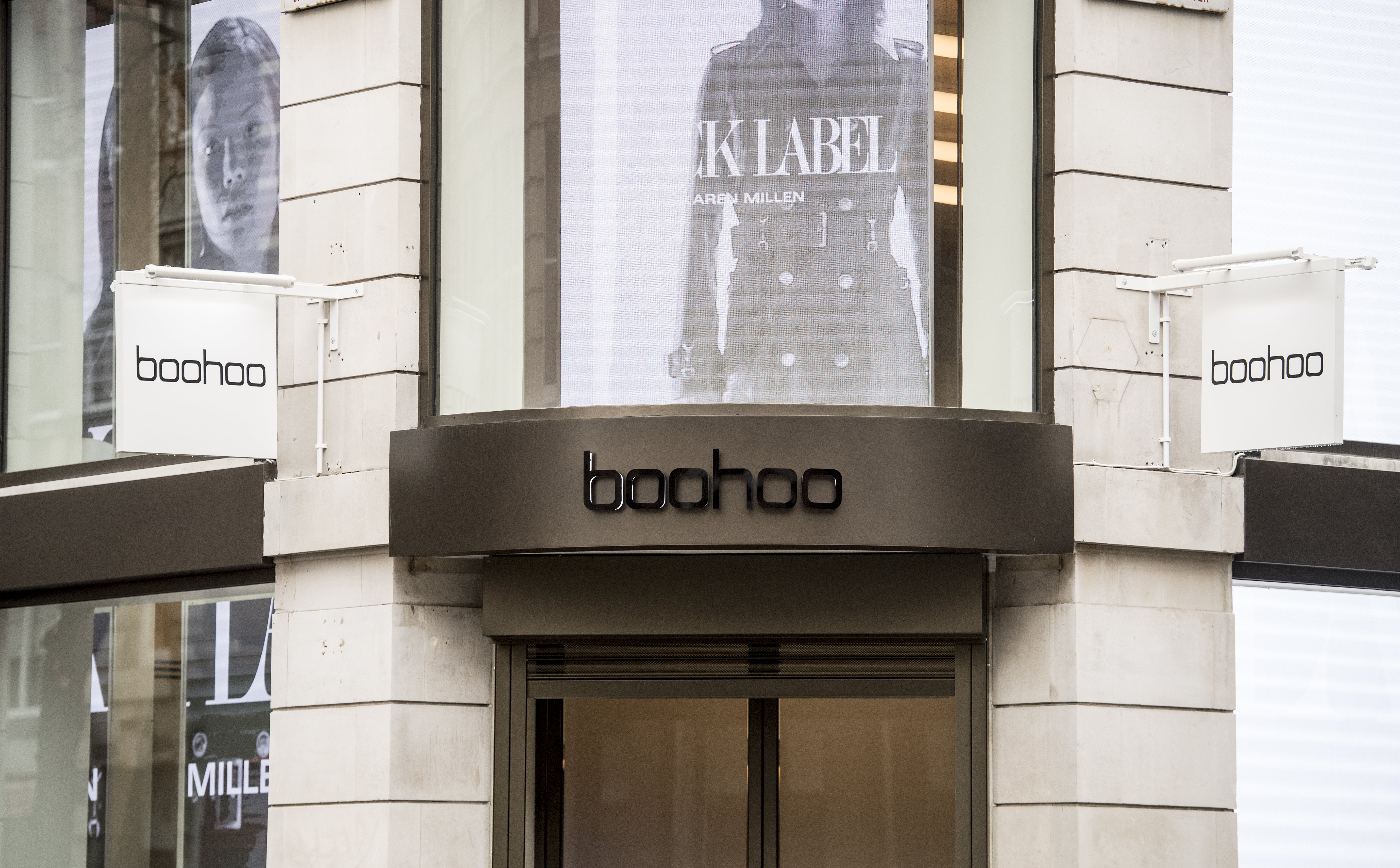Half of fast fashion made from virgin plastics
Government urged to introduce a ‘plastics tax’

Half of the clothes sold by leading fast fashion brands are made entirely of new plastics, a study has revealed.
The Royal Society for Arts, Manufactures and Commerce (RSA) made the finding after analysing more than 10,000 items of women’s clothing advertised by Asos, Boohoo, Missguided and PrettyLittleThing.
On average, 49 per cent of these ranges were produced exclusively with non-recycled plastics such as polyester and nylon.
Asos had the lowest rate with 36 per cent of its items derived exclusively from new synthetic fibres, while Boohoo had the worst with 60 per cent.
These plastics are bad for the environment because they produce 20 per cent more CO2 than a cotton equivalent, according to an MIT study. They will also most likely end up in landfill because of throwaway culture and deficiencies in recycling in the UK, the RSA said.
None of the four firms examined in the study used many recycled materials to make their clothing, with Missguided’s 5 per cent higher than the other three.
In total, researchers estimated that the average item listed by these companies is 61 per cent plastic, despite fashion companies pledging to market environmentally friendly clothing.
The findings come after a boom in online shopping during the pandemic, with Asos reporting £2bn in sales over the last financial year and Boohoo recording a 41 per cent rise in purchases.
The RSA said Boohoo, which hopes to use 100 per cent recycled or more sustainable textiles by 2025, has a “mountain to climb’’ to reach its target.
Josie Warden, who co-authored the study, said the sheer amount of clothes produced by these four websites was “shocking”.
She added: “In the year that the UK hosts COP 26, we need to see action from the government and industry to create a more sustainable fashion system.
“This doesn’t mean eliminating the use of plastics in clothing entirely – but it does mean using it carefully. We can no longer use plastics to create poorly-made garments which are designed to be worn only a handful of times.”
The RSA wants the government to introduce a “plastics tax” to disincentivise the use of new plastics. It also urges fashion websites to do more to promote second-hand clothing and for customers to buy longer-lasting items.
Subscribe to Independent Premium to bookmark this article
Want to bookmark your favourite articles and stories to read or reference later? Start your Independent Premium subscription today.

Join our commenting forum
Join thought-provoking conversations, follow other Independent readers and see their replies